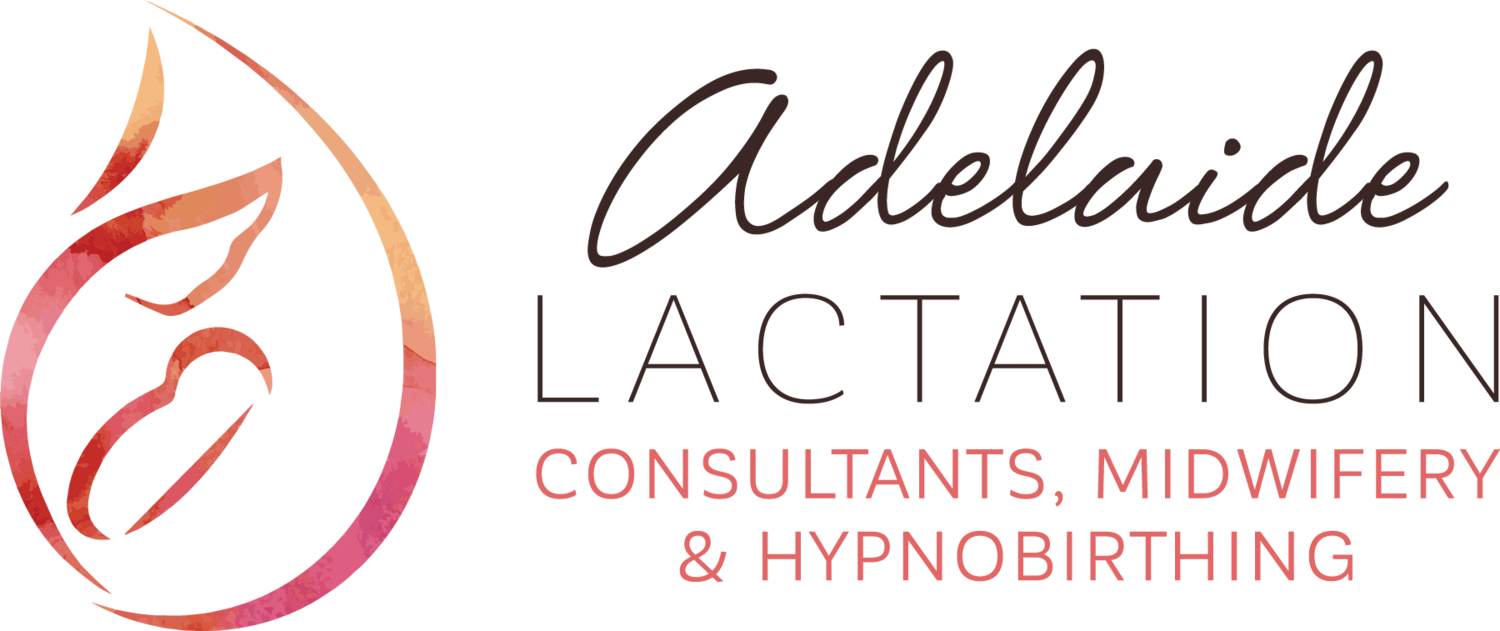If I could tell a new mum a few simple things to remember.....
/You can legally refuse anything. Vaginal exams, induction, c-section. It's your right to refuse, ask for more information, ask for a compromise on your providers care..... negotiate a mutually agreeable solution. The medical/midwifery team all have one common goal... to ensure a safe birth for you and a well baby. Simple.
Birthing while laying on your back narrows the pelvic diameter, it also means you are pushing uphill making it more difficult and thus lengthening labour. Most women find this position can be more painful. Try squatting, standing, onto all fours, kneeling, these positions all have gravity on their side.
Labour is hard..... very hard. Research has proven that drugs used in labour can slow labour down, increase the need for medical intervention and impact breastfeeding outcomes. Try to adapt a positive mindset to ensure you can get through labour. Surround yourself with a birthing support network who are all on the same page. Don't have your friend or sister there if they are going to push you to have an epidural (because they had one), if you do not want one. This will erode your willpower and make you second guess your choices/preferences. Remember.... it is one day..... and it is hard work!
The midwives are there to help you. They will discuss your birth choices and negotiate with you accordingly. You are the boss! But do remember that midwives also work within a medical model of midwifery, where the doctor and hospital protocols are what govern decisions/choices. If you are well researched and discuss with the medical team your wishes, a mutually agreeable care plan will be negotiated.
Cutting the umbilical cord before it has ceased pulsating means your baby can lose up to 1/3 of their blood volume! This is routine practice in most delivery suites, however discuss this with your midwife/obstetrician. It can also be done at C-section.
Skin to Skin following birth for at least one hour is very important. Ringing/texting people can wait until after this special time. You never get these precious minutes back again and some babies find their own way to the breast and attach themselves!
Delay weighing and bathing the baby after birth. The special sticky white vernix over most babies acts as a moisturiser and antibacterial. Baby is used to smelling this fluid and it is familiar to them. If baby is placed directly skin to skin following birth, the vernix is around the breast... again offering a familiar scent for baby. Think Hansel and Grettel and the crumbs!
Doctors, nurses and midwives often get minimal breastfeeding education. There is very little, if any, in a medical degree. Some hospitals are BFHI accredited and therefore all staff dealing with babies are to have 20hrs of breastfeeding education. If you are not getting the answers you need to support you to breastfeed, such as tongue ties, thrush, weight gain, positioning and attachment issues, seek further advice or ask to make an appointment with a Lactation Consultant. You know your baby and you know what is working and what isn't. If you are experiencing a concern, always talk to a International Board Certified Lactation Consultant (IBCLC) or breastfeeding counsellor.
If you do need a c-section, it does not mean you cannot have a natural birth next time. Your obstetrician will discuss with you their recommendations for future pregnancies and what is safest for you. A healthy mum and healthy baby should be what matters most.
Book with an experienced Adelaide Midwife and IBCLC who will guide you in the transition to new parenthood with evidenced based, non-judgemental advice! Money worth investing for piece of mind.
Download my guide to prepare for your upcoming birth here













